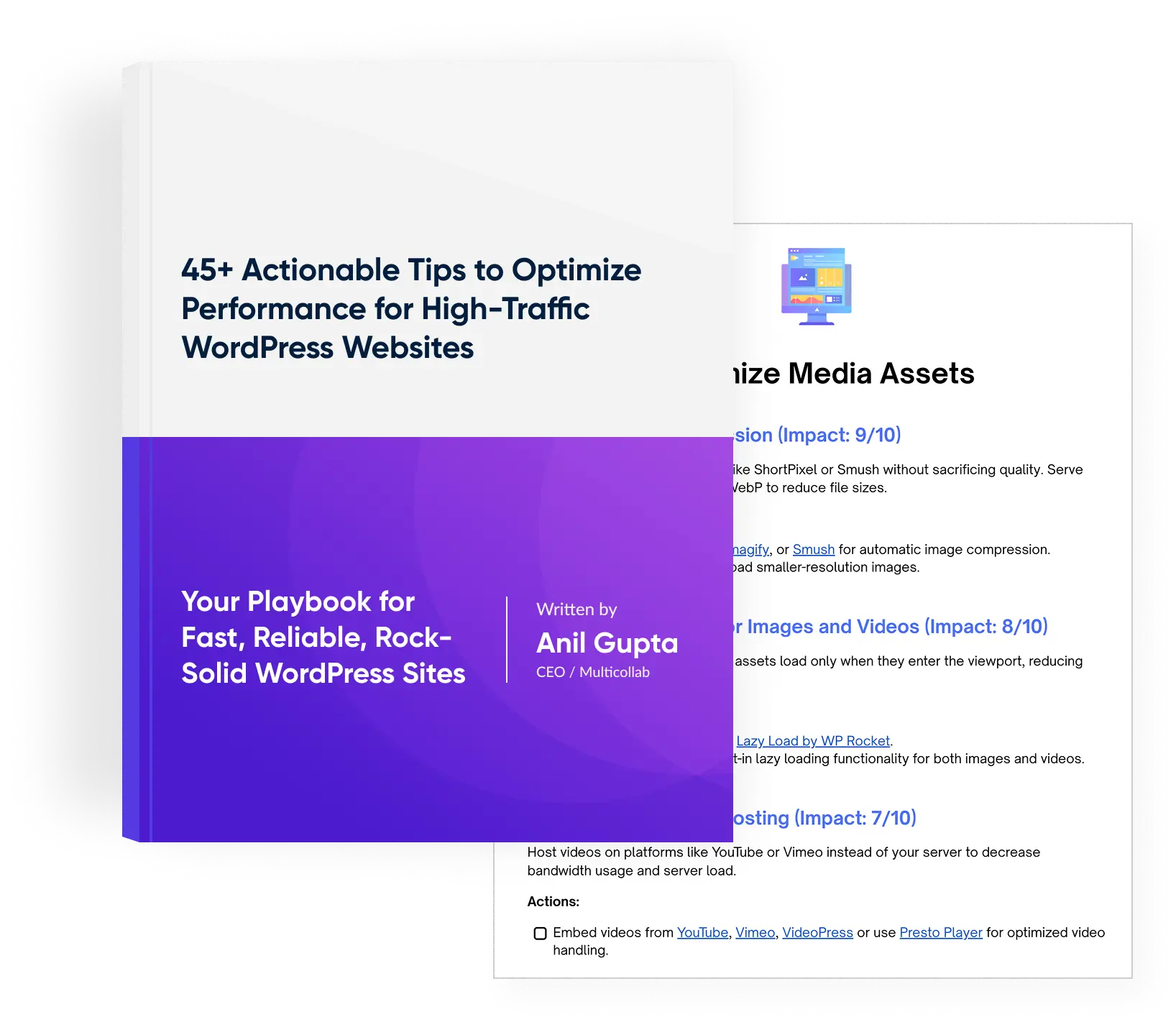Table of Contents
Self-notes and comments are rarely discussed but are one of the most important tools in anyone’s writing process. Simply put, they are snippets of text that you create while outlining or drafting a piece of content to direct your writing process.
In this article, let’s learn their importance, the challenges faced by freelance authors and independent publishers while trying to implement them, and how you can use inline commenting in WordPress.
How self-notes in WordPress and comments help content writers
Although they might seem trivial, self-notes and comments form an integral part of content writing and add the following values to the process:
- Keeps writing on track: It is quite easy to veer off the topic at hand especially while writing long-form content. These comments keep the author aware of the topic and purpose of the article at all times.
- Proofread effectively: You can add inline comments and highlight text to keep the edits prominent which simplifies the editorial process down the road. You can receive suggestions from external teams through the “Suggest Edits” functionality.
- Track changes: This makes the subsequent review cycles easier. You can immediately jump to the edits and share your feedback rather than scrolling through the draft to find them.
- Organizes thoughts: The comments help the author visualize the content they are about to write by presenting relevant information in a specific sequence. This increases the level of impact that the piece makes in the minds of the reader.
- Minimizes distraction: Cycling through multiple applications increases your chances of getting distracted which slows down your content-writing process while hurting the quality of your content. Self-notes and comments minimize that.
- Improves efficiency: All the above three advantages result in you producing great content faster which will deliver value to your readers. In fact, Multicollab’s inline commenting features will make your content production process 42% faster!
So, even if you’re a small team or an independent publisher, self-notes and comments can be super helpful while drafting content.
Challenges faced by authors and independent publishers while adding self-notes and comments
Although adding self-notes and comments sounds pretty straightforward, writers face the following challenges while publishing content via WordPress Gutenberg Editor:
- With third-party content editing apps: Tools like Google Docs and Microsoft Word are pretty handy in making the content writing process efficient through self-notes and commenting. However, they don’t enable WordPress inline commenting leading to the following challenges:
- These content editing apps are not blog editors which have their limitations. Various content blocks in the WordPress Gutenberg Editor cannot be created in these apps, hence you can’t add comments to them.
- While publishing the draft, you will have to cycle between two apps to ensure the points mentioned in your self-comments are put into practice.
- The back and forth will slow your process down. Not to mention, the absence of WordPress editorial commenting will increase the chances of mistakes and make the overall process frustrating.
- Markdown comments on WordPress editor: By reducing the number of apps you have to cycle through and eliminating the need for the back and forth, you will also save time with this. However, you will still face the following disadvantages:
- Markdown comments will break the flow of your article. The comments will be in-between paragraphs which will make it confusing when you review and publish your draft.
- You can add textile comments only. If you want to add a specific comment or self-note to a content block, you can’t. This limitation will restrict your ability to write descriptive comments and add self-notes in the appropriate format.
Fortunately, there is a better solution for content writers and independent publishers that enables them to add self-notes and comments to any kind of content block in the WordPress Gutenberg Editor and in the format they want.
How Multicollab helps writers and independent publishers with self-notes and comments
Multicollab, a collaborative plugin, enables Google Docs-style commenting in the WordPress Gutenberg Editor which gives content writers and freelancers the following three advantages.
1. Eliminates the dependency on third-party apps
Apps such as Google Docs and Microsoft Word are used for drafting and editing content by independent authors and publishers all over the world. They are readily available, easy to use, and make your writing process effortless through comments as we mentioned above.
Despite all of those pros, you have to admit that moving content from these tools to the WordPress Gutenberg Editor is rough, to say the least. Here are some of the challenges that you will encounter while moving content from Google Docs to your WordPress blog editor:
- Broken formatting: After you copy the content, you have to reformat it to retain its readability.
- Reinserting media files: All the images, GIFs, and video content manually whereas you can directly click ‘Publish’ with Multicollab.
- Managing drafts: You have to create a file management system for all the drafts you have created in these content drafting apps.
All the above challenges take a lot of time from you that you could be spending on creating new content. Not to mention, an increased number of apps means you will also have to spend more money to maintain them.
You can remove these apps and the challenges they bring from your content writing workflow by adding WordPress inline comments with Multicollab. This will make your overall content creation process 42% faster.
2. Attach files in the self-notes and comments
One of the crucial parts of writing is research. Authors refer to various reports, surveys, journals, and reports while creating the outline. Self-notes and comments help make sure that the inferences from those sources are included in the writing process.
However, as we mentioned above, WordPress editorial commenting through markdown and third-party content editing apps don’t let authors do this.
This makes the writing process more frustrating as the authors have to write the names of the sources and open them separately while drafting the content.
Multicollab solved this problem by enabling attaching files in the comments. Here you can attach PDFs, documents, and images.
3. Add self-notes and comments to all types of content
To keep the engagement rates of your website, you need to create content in formats that your audience loves. This includes images, GIFs, videos, interactive content like calculators and mini-games, and dynamic content like CTA blocks and image carousels.
However, researching these kinds of content and then using the results obtained can be challenging for the following reasons:
- Third-party content writing tools do not let you create those kinds of content within them let alone add self-notes to them.
- WordPress inline comments through markdown are not enough as we explained their limitations above.
Multicollab solves this by enabling you to add self-notes and comments to the above kinds of content in the WordPress Gutenberg Editor itself. This ensures your content research process can incorporate the demands of your audience.
Summing up
Self-notes and comments help authors by keeping their writing on track, organizing their thoughts, minimizing distractions, and improving the efficiency of their writing process.
However, due to the limitations of third-party content editing apps and the Gutenberg Editor as explained above, they often struggle to create them in the way they want to.
Multicollab, a WordPress collaboration plugin, solves this issue by enabling WordPress editorial commenting equipping writers to add self-notes and comments to all kinds of content in the format they want to.
The Gutenberg Editor has revolutionized how content creators create, edit, and publish posts on WordPress. To help you get the most out of it, we have collated 16 tips that you can start implementing now to write better content faster — download the free guide.







